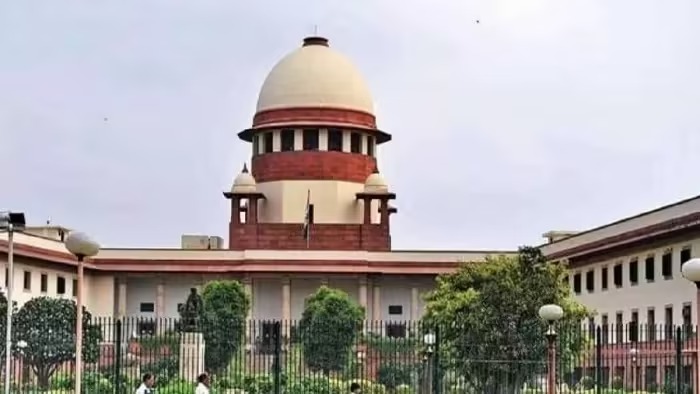
New Delhi: The Supreme Court has given a major decision in the private property dispute. A large bench of 9 judges of the Supreme Court said in its important decision on Tuesday that the government cannot use all private properties unless public interest is involved.
The Supreme Court, in a majority verdict, held that not all private property forms part of the 'material resources of the community' under Article 39(b) of the Constitution and cannot be taken over by the state authorities for "public good". A nine-judge Constitution bench headed by Chief Justice of India DY Chandrachud delivered the verdict on the issue with a majority of 8-1.
'Private property cannot be called a public resource'
While giving its verdict, the Supreme Court said that the state can claim resources that are for public interest and are owned by the community. It says that not every private property can be called public property. The Constitution Bench had reserved its verdict in the private property case after hearing on May 1 this year.
The bench headed by CJI Chandrachud, in its majority verdict, overruled the 1978 judgment of Justice Krishna Iyer, which had held that all property of private individuals could be termed as community property by the government as per the advanced socialist economic ideology, and hence, is not sustainable today.
What does Article 39B say?
The Supreme Court overturned the decisions made after 1978 that had adopted a socialist theme and held that the government could take over all private property for the common good. The court now held that private property cannot be treated as community property under the provisions of Article 39(b) of the Constitution.
While delivering its verdict today, the court said there was a shift towards a socialist economy in the 1960s and 70s but since the 1990s, the focus has shifted towards a market-based economy after India opened up to globalisation.
Read More: Indian influencer mistreated in South Korea, Indian Embassy issues advisory; What are the rules?
--Advertisement--

 Priya
Priya Share
Share



